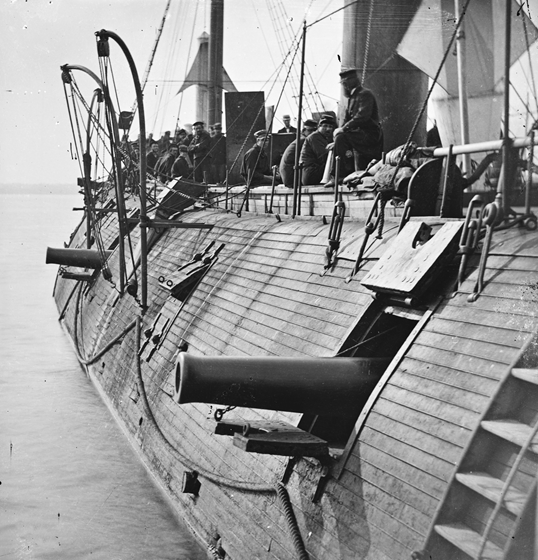July 16. [Mobile] —We have just received news of the death of Milton Boullmett, eldest son of a particular friend. He was wounded at the battle of Malvern Hill, and died soon after.
The late battles around Richmond have caused Alabama to sit down in sackcloth and ashes, to mourn, like King David, for the loss of many a gallant son. She had at least seven regiments in the field—Third, Fourth, Sixth, Eighth, Ninth, Eleventh, and Twelfth. The men of the Third, Eighth, and Twelfth were nearly all from Mobile. I have mentioned the Eighth at the battle of Seven Pines, and how severely it suffered there. It has lost nearly all its remnant in their recent engagement.
The Third was in both, and I see, from a letter in this morning’s paper, from Colonel Battle, that at Seven Pines General Longstreet ordered the name of that battle to be inscribed on its colors, for the bravery which the regiment exhibited there. Colonel Lomax, who was in command at that time, was killed. Six color-bearers were shot down, one after another.
Among the fallen are the flower of the youth of Mobile. William Treat, the color-bearer, fell clasping the colors. Charles Keeler is killed; he is one of two brothers who have already died in the service. Tyler Redwood is mortally wounded; one of three in one family who have died in the service. G. T. Summersill is another of a trio of brothers who have shared the same fate. Wm. Stewart, Barklow, H. S. Lockwood, W. N. Caufield, Wm. Jones, W. I. Ledyard, T. Lenseine, O. Cuthbert, and many, many others.
This gallant regiment was composed of nearly all our volunteer companies, and many times, have we all assembled, in the happy days of yore, when camping and soldiering were looked on as a grand frolic, and danced, and partaken of their generous hospitality. The fathers of many of the young men who now compose these companies had been members of them for years. I believe they were the first Alabamians who tendered their services to the Confederate government.
Milton Boullmett, but a few years ago, was an officer, along with my brother, in a boy’s company, the “Mobile Blues.” I think I see his handsome face yet, at a party we gave them on a Fourth of July. All of the volunteer military companies had left the city on excursions. A young lady tried to quiz them; she told them the ladies of Mobile tendered them their heartfelt thanks for remaining to protect them in case of the city being attacked by an enemy. One of them answered her, that he thought if the ladies depended on them for protection, they would fare badly. She told him he did not compliment his company. He answered, that “truth was before compliment.” We little thought then that the life of nearly every boy in that company would be offered up in our defense.
Nearly every state in the Confederacy has to mourn, as Alabama does, over the loss of their bravest and best. The banks of the Chickahominy are now sacred, washed by the blood of martyrs. May their blood prove a talisman to keep back the foe from ever desecrating it with their unhallowed tread!
"O, thy soft-rolling flood, Chickahominy River,
In thy flowing disturbeth my inmost soul;
All unlike is thy gliding, so calm, to the horrors
Of carnage and bloodshed that round thee did roll.
If thy tale could be told, Chickahominy River;
Of the heart-rending pangs of the young and the brave;
Of the husband and father, whose soul, in departing,
Wrung with agony, prayed for a home in the grave.
And yet this is not all, Chickahominy River;
The sad hearts that are breaking are far from thy shore;
But their slain they have left thee, in trust, to thy keeping—
Chickahominy River, take care of thy store.
Let thy banks guard them well, Chickahominy River;
Let the dust of the hero lie calmly at rest,
Till the trump of the dead shall awake them to glory,
Immortal to live in the realms of the blest."
Mrs. Judge Hopkins of this place is attending to the wounded. We hear much about the good she is doing; for which she has the blessings of all.
The state of Alabama has appropriated thirty thousand dollars for the benefit of her wounded; out of it ten thousand dollars have been given to Mrs. H. Mr. Titcomb and others have gone from here with supplies of all kinds, and we are told that the people in dear old Virginia are doing all in their power to benefit the sufferers.
It is rumored that Bragg’s army is leaving Mississippi and going to East Tennessee. There is also a report that General Hindman has gained a victory in Arkansas, and has captured Curtis’s whole army.










